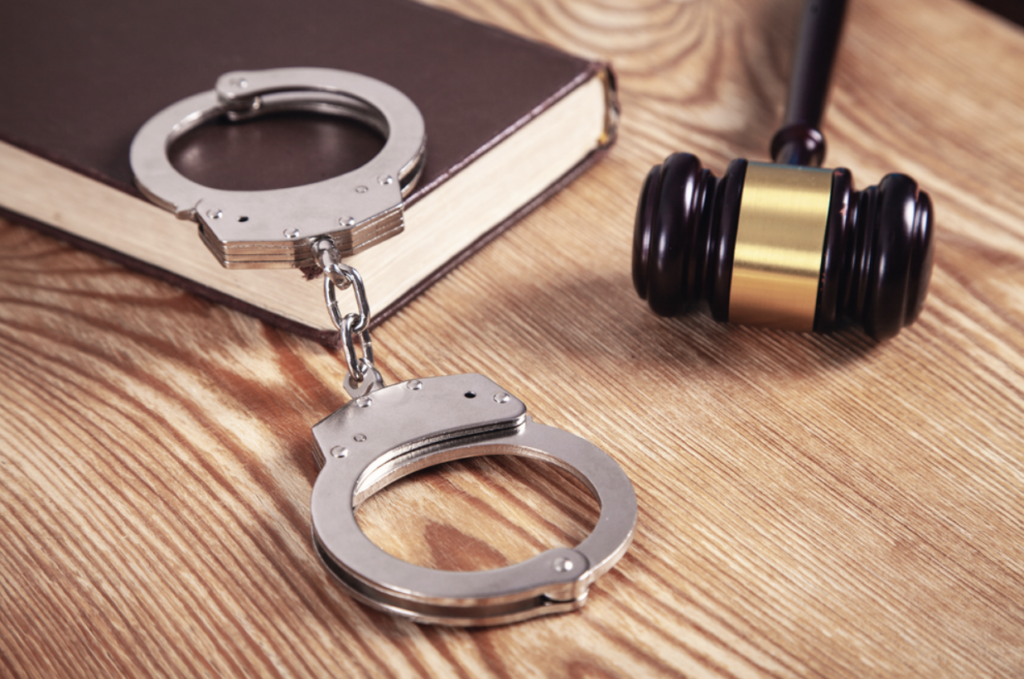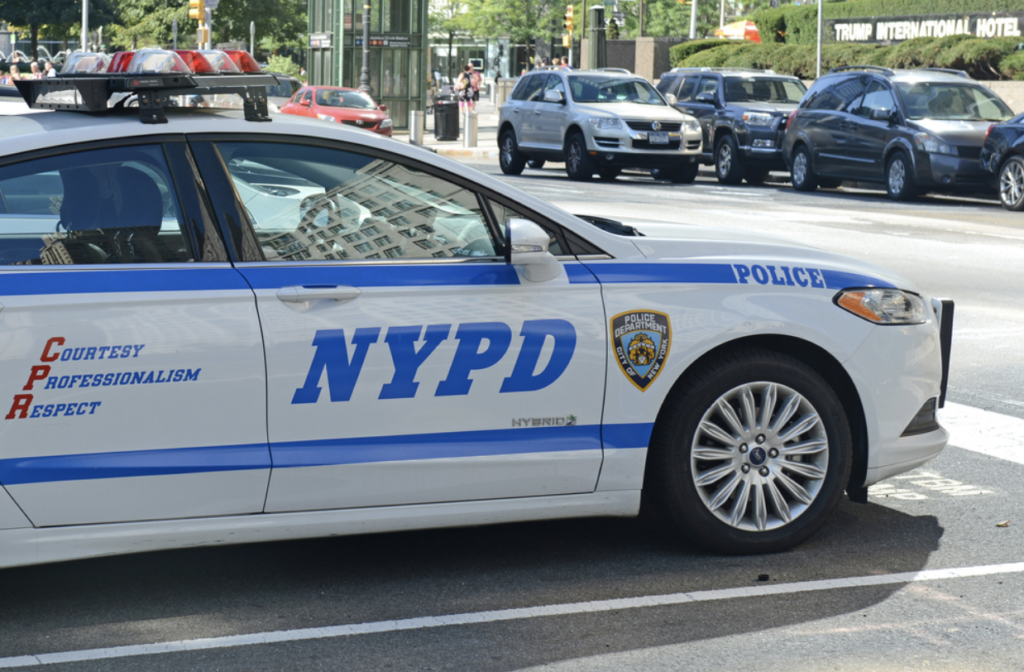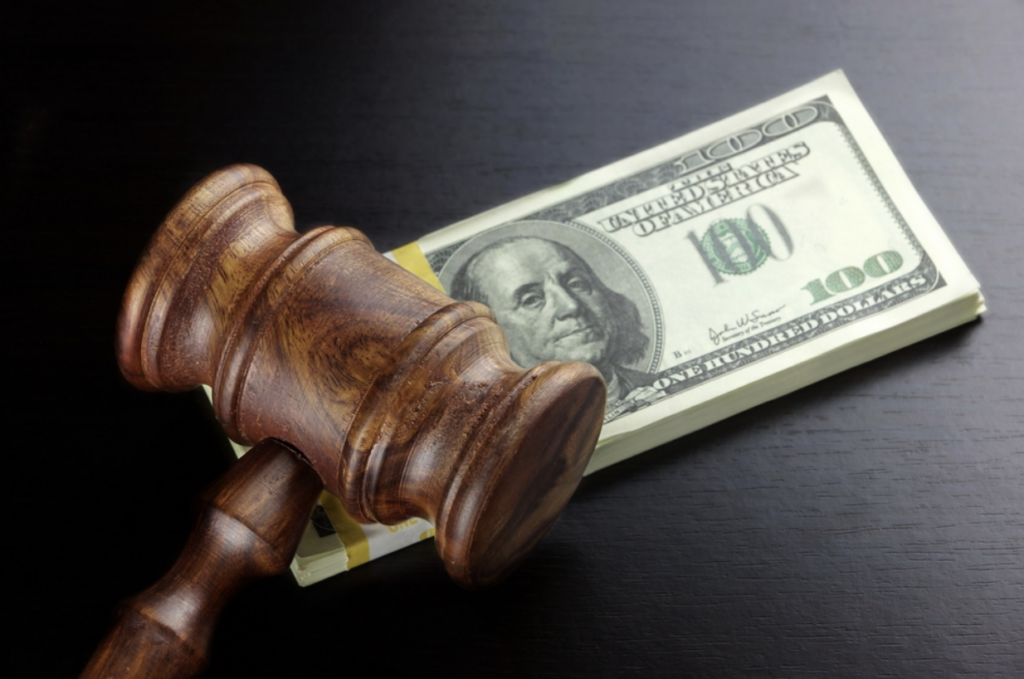The Harsh Reality of the NYC Criminal Justice System
The Harsh Reality of the NYC Criminal Justice System
Thanks to the principles laid out in The Sixth Amendment, New York’s criminal justice system is, in theory, one of the fairest and just in the world. The trouble is, theory means very little when an otherwise good system gets tangled in a mix of inequality, bureaucracy, and funding issues.
In this blog, we’ll take a candid look at the harsh reality of the criminal justice process here in New York City and the potential flaws in some of the steps – flaws that can often lead to significantly different experiences for individuals who find themselves accused of a crime.
What should the criminal justice system look like?
The process that takes a person from arrest through to possible sentencing is well-documented and clear-cut. It involves the following steps:
- Arrest: A police officer makes an arrest based on probable cause or a warrant.
- Booking: The suspect is processed at the police station, including fingerprinting and photographing.
- Criminal court arraignment: The suspect appears before a New York City criminal court judge to hear the charges and enter a plea (a guilty plea, not guilty plea, or a resolution with no acknowledgement of wrong-doing).
- Bail hearing: Judge determines whether to set bail or release the suspect on their own recognizance.
- Discovery: Prosecution and defense exchange evidence and information about the case.
- Pre-trial motions: Attorneys may file motions to suppress evidence, dismiss charges, or request other rulings.
- Plea negotiations: Prosecution and defense may engage in discussions to reach a plea agreement.
- Trial: If no plea agreement is reached, the case proceeds to trial with a judge or jury.
- Verdict: The jury delivers its decision, or the judge issues a ruling in a bench trial.
- Sentencing: If found guilty, the defendant is sentenced by the judge according to applicable guidelines.
- Appeals: Defendant may appeal the verdict or sentence to a higher court (such as the Supreme Court) if applicable.
In some felony cases, Grand Jury proceedings are required. If this is the case, the District Attorney’s office will be involved, and the Assistant District Attorney (ADA) will be required to present evidence against the defendant to a grand jury. The defendant may also testify before the grand jury. The grand jury then decides if there is enough evidence to bring the case to trial.
Despite this process appearing consistent for every defendant, virtually every step is subject to a series of factors that can make the system manageable for some and especially difficult for others.
Issues with policing and the arrest process
According to a report by the Fiscal Policy Institute, the Institute on Taxation and Economic Policy (ITEP) identifies New York State has “the greatest income inequality in the United States.”
Furthermore, in-depth studies and literature reviews have shown strong evidence that there is a significant correlation between poverty and crime.
Perhaps unsurprisingly, this leads to significant police resources being focused on areas of poverty. Sadly, this also means people of color and those from other low-income backgrounds are disproportionately affected by the criminal justice system. This can lead to assumptions all the way through decision-making involved with the criminal justice system – from higher arrest rates for certain groups and more minor crimes to harsher police treatment and even longer sentences.
Problems with public defender caseloads
When discussing caseloads, The National Association of Criminal Defense Lawyers explains:
When public defense attorneys are burdened with excessive caseloads they are unable to fulfill their ethical and constitutional responsibilities to their clients and the community.
Put simply, overworked public defenders working for underfunded organizations can only spend a limited amount of time and use very limited resources with each client.
While there’s no question that public defenders do their best given these difficult circumstances, the lack of resources available to them means defendants can be negatively impacted. This represents another strike against those from low-income backgrounds – on top of the disparity in arrest statistics already impacting these groups.
Issues with the cash bail system
New York’s cash bail system requires some arrested individuals to post a monetary amount as a guarantee of their return for future court appearances.
While the judge determines the bail amount based on factors like flight risk and offense severity – it might be argued that this system disadvantages low-income defendants.
Now, you may be reading this from a place of relative financial comfort – but the statistics on bail amounts might come as a surprise. According to the 2021 bail statistics compiled by the Comptroller’s office, the average cash bail amount set at arraignment was $38,866. Given that a study by The Urban Institute suggests the majority of New Yorkers (57.5%) do not have enough money saved to cover three months of expenses – this puts most of NYC at risk of not being able to immediately access the cash needed to keep themselves free while the often slow-moving wheels of justice turn.
Problems with pretrial detention policies
If you, like many other New Yorkers, would struggle to raise the funds required for a cash bail, then you may find yourself in jail until your court date.
Perhaps obviously, this has a huge impact on people’s lives – regardless of the fact that they are to be presumed innocent until proven guilty. Job losses and issues with housing are commonplace as people await trial. While these kinds of issues are the tangible result of being in jail before your next court date, there are also significant ‘unseen’ issues too – not least the impact that jail time can have on a person’s physical and mental health.
Problems with plea bargaining
Many criminal court cases in NYC are resolved through plea bargains. This is where – regardless of factual guilt – a defendant pleads guilty and accepts a reduced punishment rather than face the possibility of a trial and the more significant punishment that could be handed down.
This is another area where overworked legal defenders and their limited resources can lead to innocent people facing jail time. Without a robust defense, an innocent individual may plead guilty simply because they do not feel confident in their counsel’s ability to successfully represent them in a New York court.
A trial process that can result in wrongful convictions
While many of the factors we’ve talked about here involve processes that happen outside the courtroom, the actual trial itself cannot always be guaranteed to produce an accurate verdict.
The risk of wrongful conviction is very real if you don’t have an experienced New York criminal defense lawyer at your side. If unchallenged, factors such as eyewitness misidentification, false confessions, or even misconduct by law enforcement or prosecutors can result in the wrong person being found guilty of a crime.
A lack of support for vulnerable defendants
In any given year, around 1 in 5 New Yorkers will show signs of mental health problems. Statewide, nearly 1 in 6 people will have a substance abuse problem at some point during their life.
Regardless of your stance on how these issues are viewed or handled medically, a lack of resources to support people in these groups means their experience with the criminal justice process can be hugely damaging to their ongoing health.
Once again, this is a problem that disproportionally affects the highest poverty neighborhoods – with almost twice as many psychiatric needs identified in these areas compared to the wealthiest areas of New York City.
Issues with inconsistent sentencing
While there’s legislation in place that outlines sentencing for felony cases in New York, you’ll notice that the wording of the legislation explains that “the term shall be fixed by the court” throughout.
This means that criminal court judges effectively have their own opinion around sentencing. While judges will almost certainly try to be objective with this power, there are a huge number of conscious and unconscious biases at play for any individual.
What can you do to protect yourself against the shortcomings of the NYC criminal justice process?
As you can see, the NYC criminal justice process is far from perfect. So, what can you do to best protect yourself against a system that could be weighted against you?
The first step should always be to consult with an experienced criminal attorney. They will help you navigate the complexities of your case and help you understand the real issues that could stand in the way of a fair trial. Their experience will mean that your attorney may be able to factor those issues into your defense – giving you the best possible chance of a fair process.
It’s also extremely important to – if possible – surround yourself with friends, family, or even community members who can provide practical and emotional support through a potentially difficult and frustrating time.
From the very first step in the criminal justice process, you’re likely to come up against issues that put ordinary New Yorkers at a disadvantage. The right New York criminal attorney can help to try to make sure you’re dealt with fairly, no matter what kind of process you’re facing.
- Arson
- Assault
- Bribery
- Burglary
- Brooklyn Criminal Lawyer
- Brooklyn Federal Criminal Lawyer
- Computer & Internet Crime
- Conspiracy & Solicitation
- Contempt
- Criminal Mischief
- Domestic Violence
- Driving While Intoxicated, Driving While Impaired, Driving Under the Influence
- Endangering the Welfare of a Child
- Government Investigations
- Hate Crimes
- Kidnapping
- Leaving the Scene of an Accident
- Money Laundering
- Murder/Manslaughter
- NYC Phishing/Computer Crimes Lawyer
- NYC Doxing Lawyer
- NYC Identity Theft Lawyer
- NYC Swatting Lawyer
- NYC Bribery Lawyer
- Perjury
- Prostitution
- Reckless Driving
- Reckless Endangerment
- Robbery
- Unauthorized Use of a Vehicle
- White Collar Crimes
- Violation of Order of Protection
New York, NY 10017
loading ...



